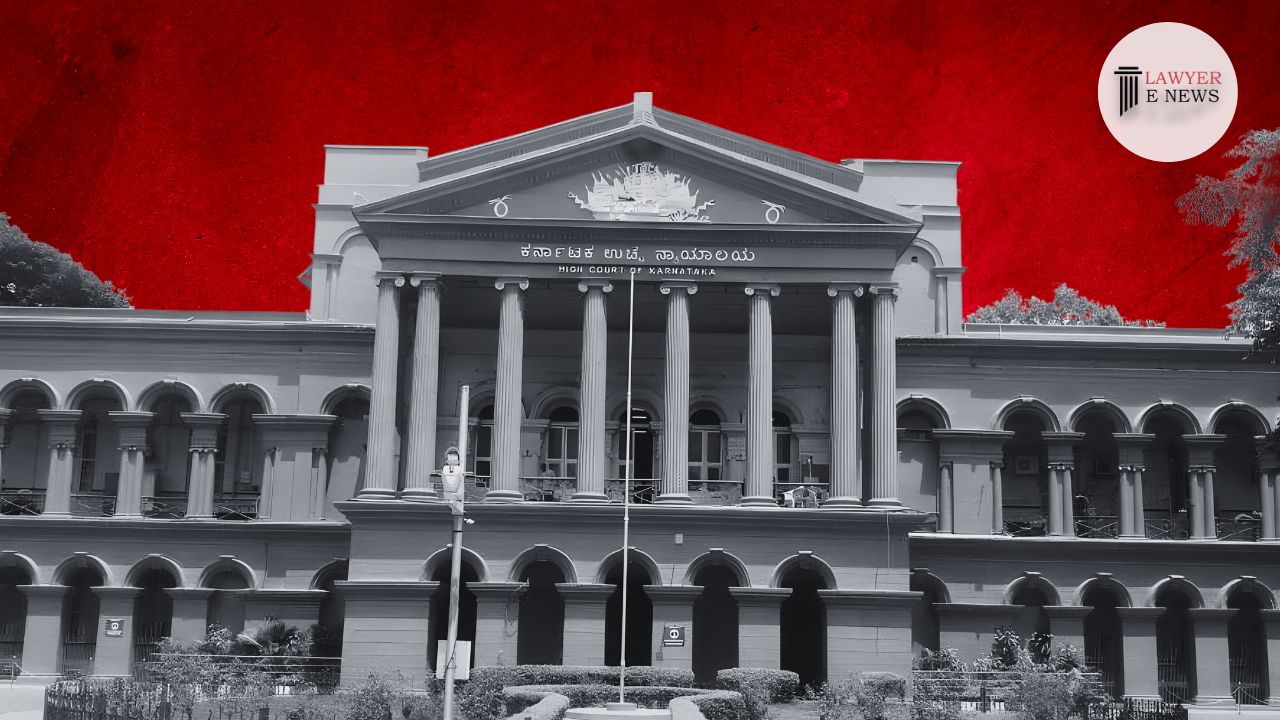-
by Admin
17 February 2026 2:34 PM



The High Court of Karnataka has delivered a pivotal judgment concerning the interpretation and enforcement of Section 138 of the Negotiable Instruments Act, 1881 (N.I. Act). This section addresses the dishonor of cheques and has significant implications for financial transactions and legal liabilities.
The petitioner, V. Srinivas, was accused of failing to honor repayment commitments by issuing three dishonored cheques totaling Rs. 8,00,000/- to the respondent, V. Krishnamurthy. The cheques were presented and returned due to insufficient funds. Following the lower courts’ conviction and the affirmation by the appellate court, the petitioner sought revision under Sections 397 and 401 of the Code of Criminal Procedure, 1973, challenging both the conviction and the severity of the sentence.
The court observed that the complainant convincingly proved the transaction’s legitimacy and the issuance of cheques. The petitioner’s defense, suggesting the loss of cheques and alleged misuse by the complainant, was deemed inconsistent and unconvincing.
The court highlighted that the accused did not successfully counter the statutory presumptions under Sections 118 and 139 of the N.I. Act regarding the holder’s entitlement and the absence of debt or liability. The judgment notes, “Accused failed to rebut the presumption under Sections 118 and 139 of N.I. Act.”
The petitioner’s attempt to introduce new defenses, such as alleged violations of the Income Tax Act by the complainant, was rejected. The court emphasized that such claims were not grounds for acquittal under the N.I. Act.
The court dismissed the applicability of cited precedents favoring the accused, reinforcing that the complainant’s testimony and documentary evidence substantiated the claims against the petitioner.
Decision: The revision petition was partly allowed. The court upheld the conviction for the offence under Section 138 of the N.I. Act but modified the sentence. The imprisonment was set aside, opting instead for a fine of Rs. 16,00,000/-. The accused was given forty-five days to pay the fine or face a default sentence of six months.
Date of Decision: 8th April 2024.
Srinivas vs. V. Krishnamurthy
